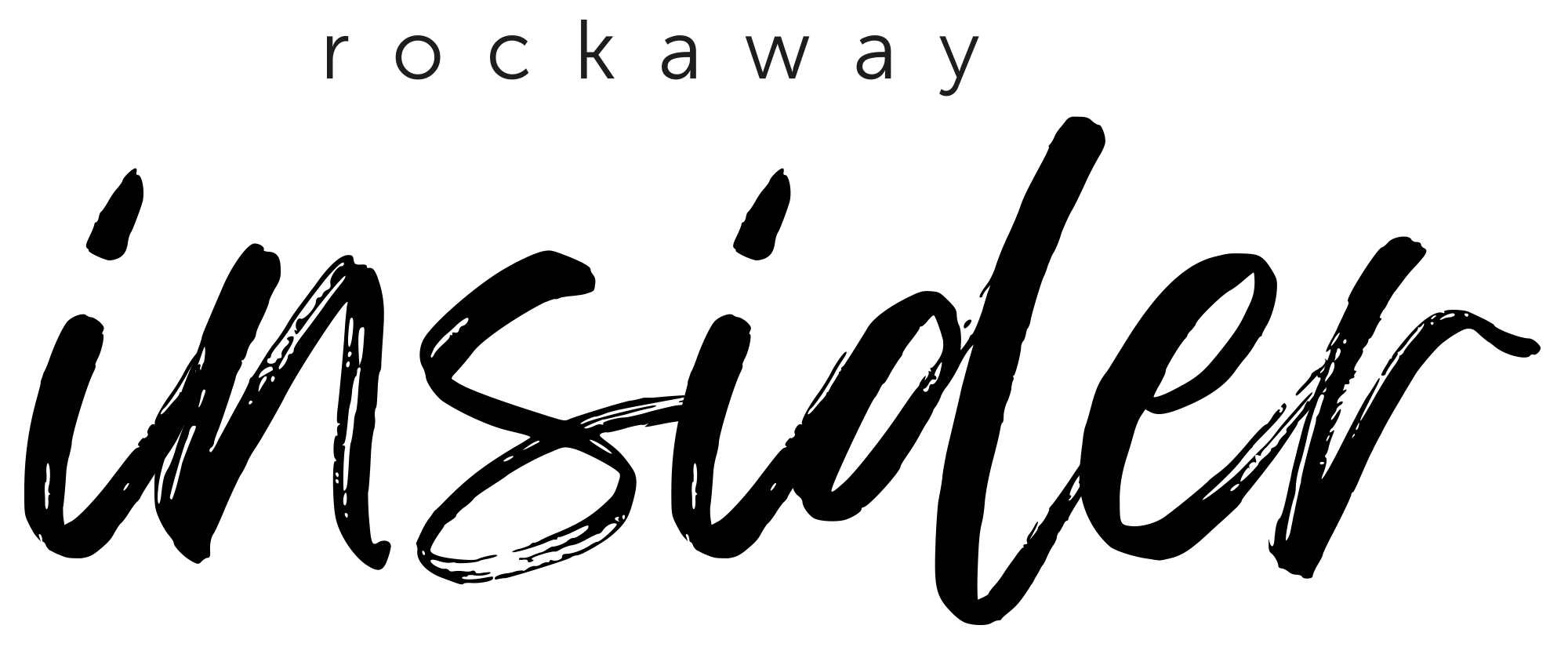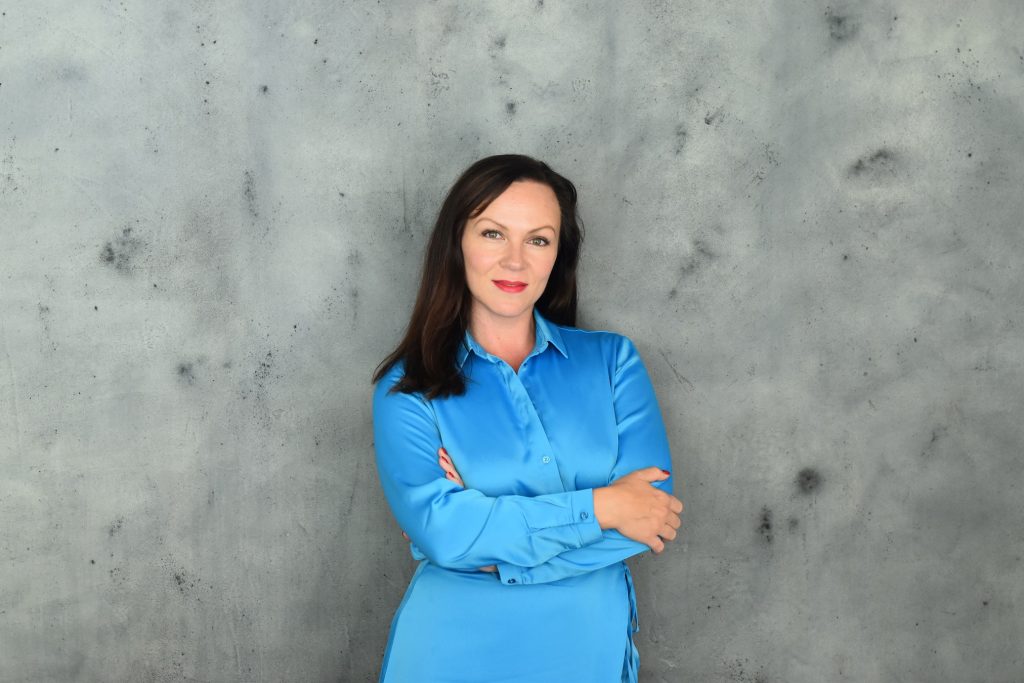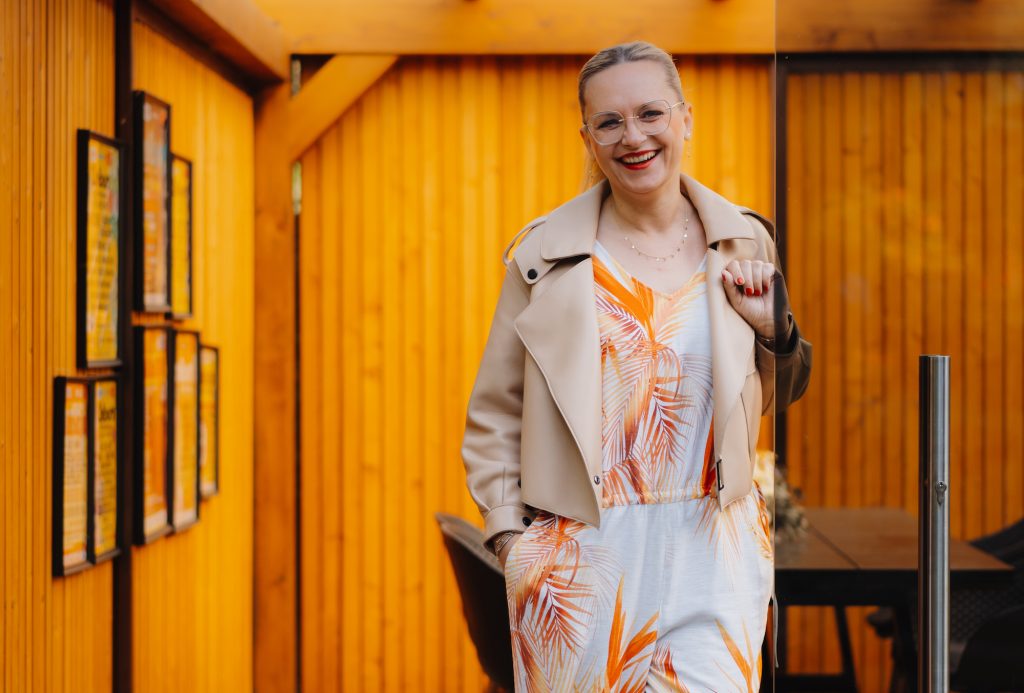All newsRockaway Insider with Michal Menšík, CEO of DoDo
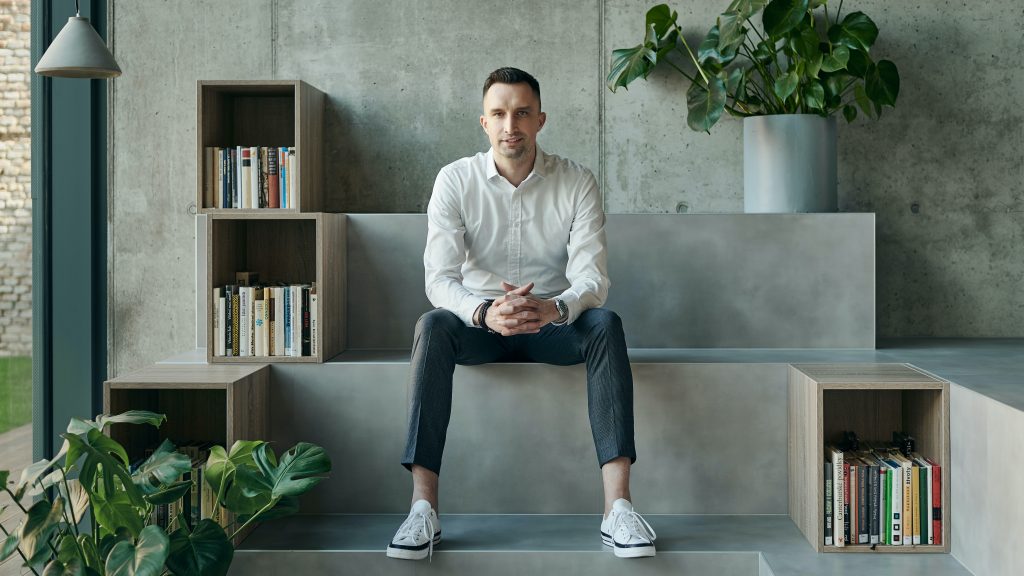
Five years ago he took over a tiny courier service with ten couriers, and today, with Rockaway Capital on board as an investor, he employs over 1500 people in four countries. Michal Menšík, head of the DoDo logistics technology start-up, which delivers groceries for clients such as Košík and Tesco achieved this thanks to, among other things, a rule he follows every day – don’t stop innovating!
What key thing has 2020 taught you?
We found out that we’re capable of doing even more than we suspected. Covid taught us that there’s no time for losing time. Suddenly I saw how everyone around me drew together, put their shoulders to the wheel, and spent lots of time at work just to handle the workload that came along. For example, in ten days we managed to start delivering ready meals with Košík. I think that our people also truly sensed for the first time how key logistics is for all of society. We of course worked extremely hard, I worked 20 hours a day, so it was clear that we couldn’t keep that pace up for long, but the positive experience that it’s possible is something that nobody can take from us. And also pride in the team around me. The fact that we built DoDo as a digital company from the very beginning, and that we’re trying to make sure all processes that can be digitalized are, definitely helped us. That was our big edge during the hard lockdown.
What is the number-one rule that you follow every day in your business?
Trying to constantly innovate. That’s the most important thing. If we don’t disrupt ourselves, someone else will. So I’m constantly wondering if it can be done even better. For example, for a long time we thought about how to achieve simple passive cooling in our cars, until we came up with using dry ice. That made our work a lot easier back then. That brings us to one more thing – not being afraid of innovation. That’s something that’s been with me my entire life. When Tesco asked us to deliver groceries for them, we didn’t have suitable vehicles yet, and lots of people would probably have called us crazy. Nevertheless, we participated in the tender, and won. It’s a bit of a “fake it until you make it” approach, but it really works. If you have a positive mindset, everything goes much better. If you identify your desired reality and live a bit as if it was already true, it’s imaginable and thus easier for people to achieve.
One learns from one’s mistakes. What mistake taught you the most, and what, specifically?
I guess the fact that I felt a strong attachment to some project, and then was unable to give up in time when it was clear that it was no longer working. That happened to me once, before DoDo, when we were developing a sort of Google Analytics for email. We were focused on the US market, we travelled to San Francisco often, but it was a dead end. I didn’t want to let the project go, I ignored feedback and continued to believe that it would work, that there was a market fit. But there wasn’t. But I’m grateful even for this. Looking back, I’m able to appreciate the experience, I needed it. I’m glad that we make mistakes and I’m trying to have my team look at it that way too. I’ve got a poster on the wall in my office that says: “Sometimes you win, sometimes you learn.” And that’s true. Because we can’t constantly just criticize everyone and point out their mistakes, that’s then like a cancer that degrades the most valuable thing you have – your team. The worst thing that can happen to you is for your team to start being afraid of making mistakes. But I admit, it’s got to have its limits – if the same mistake is being repeated and it’s clear we haven’t learned from it, that definitely doesn’t make me happy.
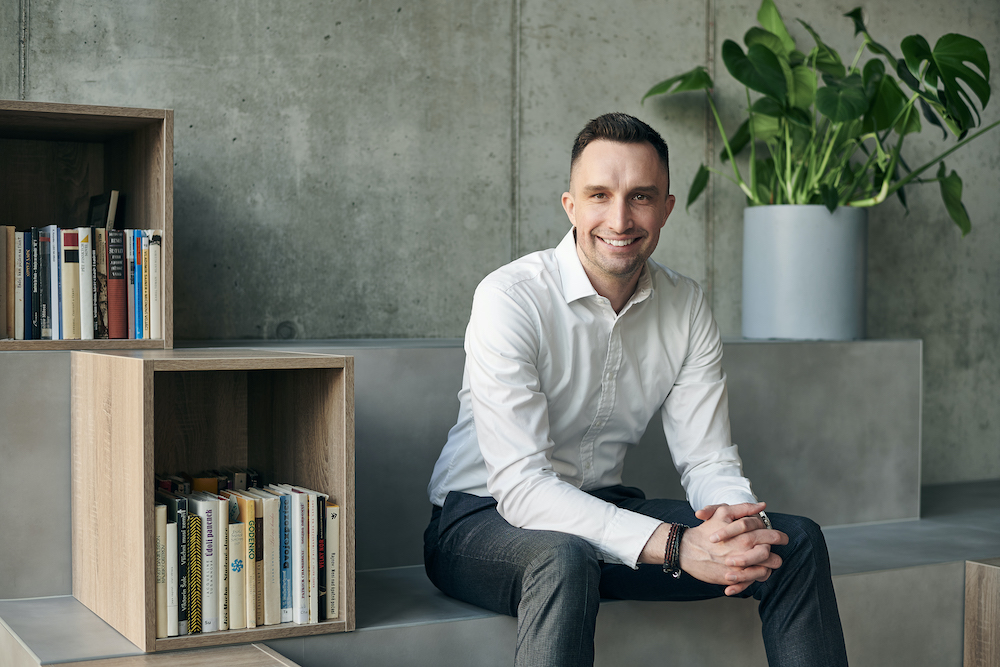
What is your most important piece of advice for new start-uppers?
Delegate work. I often see, and unfortunately in our company too, that someone is trying to do everything themselves, they don’t delegate work properly, and then gets bogged down in the details. They try to cut corners, but cut corners in the wrong place, because in the end this micro-management will cost you so much time and focus that you’ll forget what’s actually fundamental and important. So delegating is absolutely key. Hiring is of course part and parcel of this, because you need to be surrounded by an excellent team that you trust. That’s why I’d much rather spend more time looking for the right people than going and trying to solve something on my own.
What do you consider the greatest benefit of your business for society?
We save people time. They don’t have to spend it on things and errands where it makes no sense. Instead, they can spend their time with their family, at work, and other things that are important for their well-being and a fulfilling life. Thanks to my e-commerce background, we believed from the beginning that investing in the delivery business makes sense, because logistics is the Achilles heel of e-commerce, and even large e-commerce and retail players have a hard time with it. And because I like being efficient, the concept of saving time clicked a lot with me.
What question are you asked most often, and how do you answer?
Whether I have any free time. I always say that it’s all about setting your priorities properly. If you want to have spare time, you’ve simply got to make it. And start prioritizing. My mornings are reserved for exercise, and lately also for running, and I try to avoid extending my programme too far into the evening, so I have some time for myself, too. On the other hand, I admit that it’s very subjective and perhaps my perspective is a bit different. That which I consider normal seems crazy to someone else.
What life hack helps you most in your work?
I have two. I’ve already talked about the first one – consistent delegation of work and building a perfect team that can be relied on. The second concerns emails, which are capable of completely swamping lots of people. I follow the “Inbox Zero” rule. It’s of course impossible to have your inbox constantly empty, but that’s not really my goal, so I’ve created my own system of folders where I move incoming mail, and thus maintain an overview. Most people have their emails all in one folder, and then it’s a big mess, they can’t find anything, and can easily forget to answer. Not me. And this hack gives me mental capacity, because I know I’ve got everything under control. That’s why I heartily recommend it to everyone.
___
![]()
Did you like this interview?
The Rockaway Insider Newsletter is published every second Wednesday morning – subscribe now.
By clicking on “Subscribe” you agree to subscribe to the Rockaway Insider newsletter using the specified e-mail address. You can cancel your subscription at any time directly in the newsletter.
___


